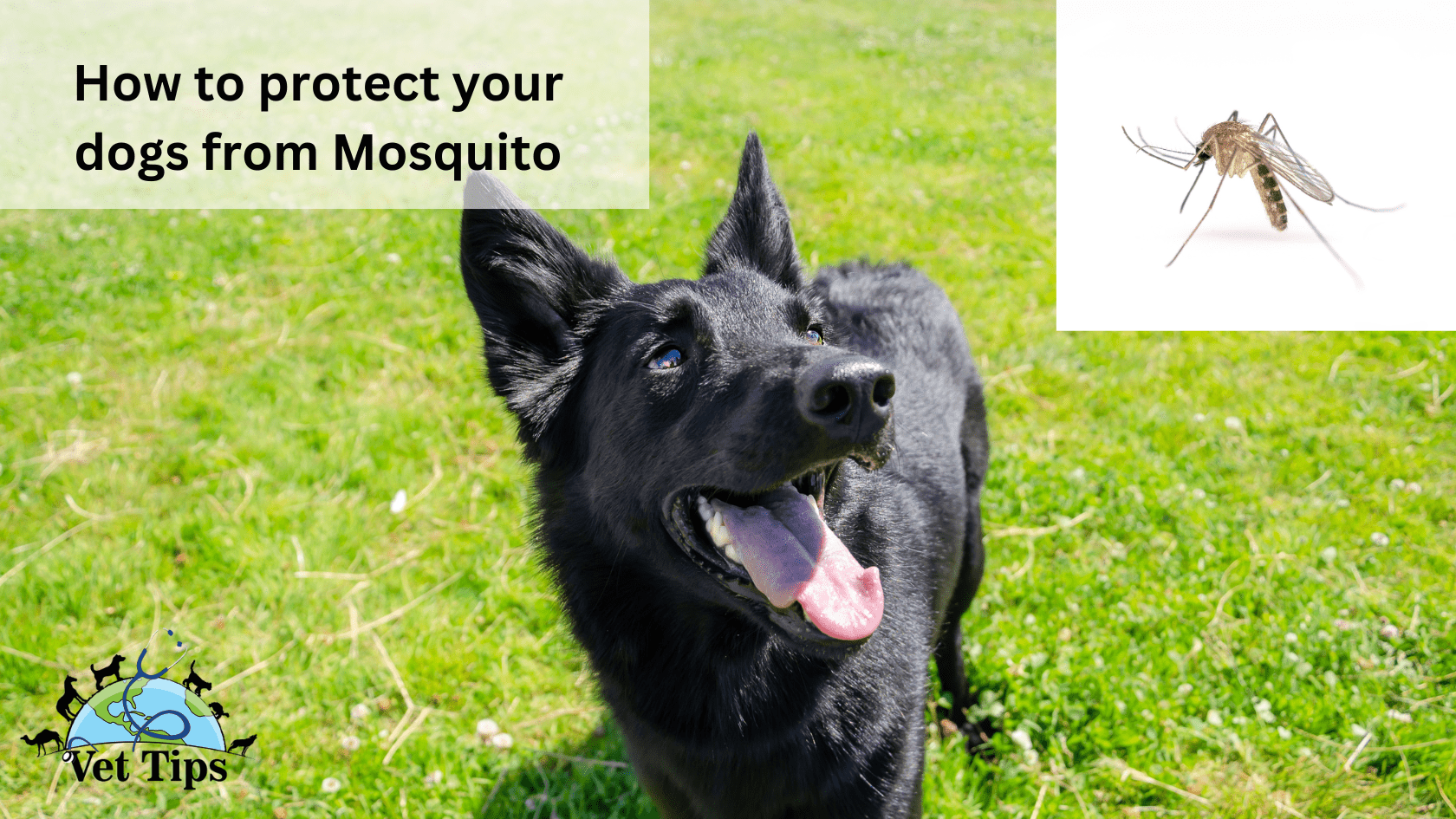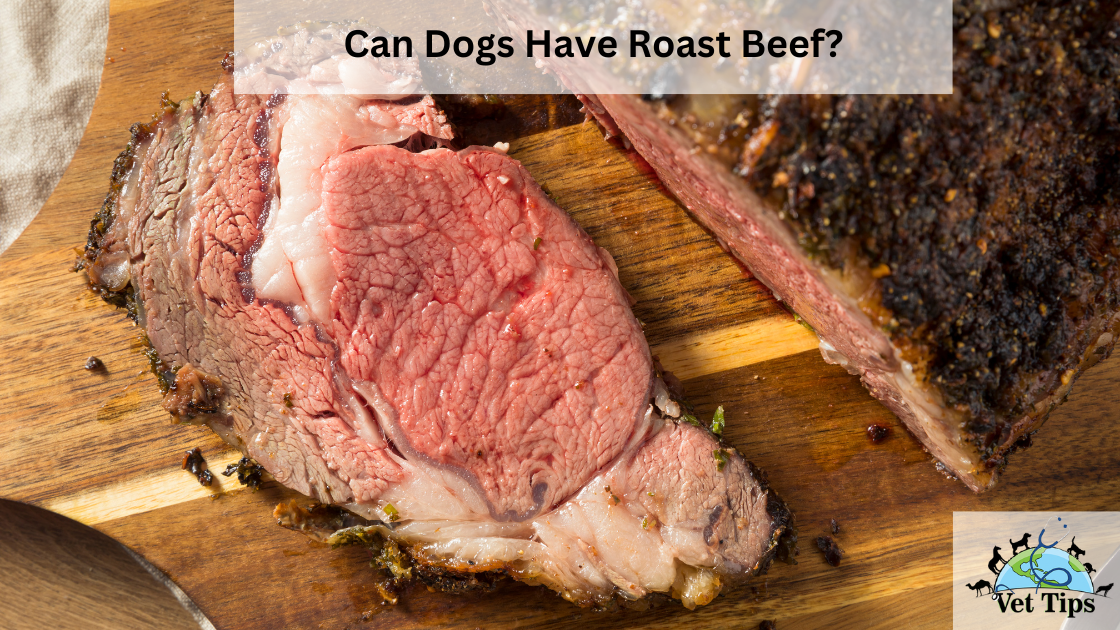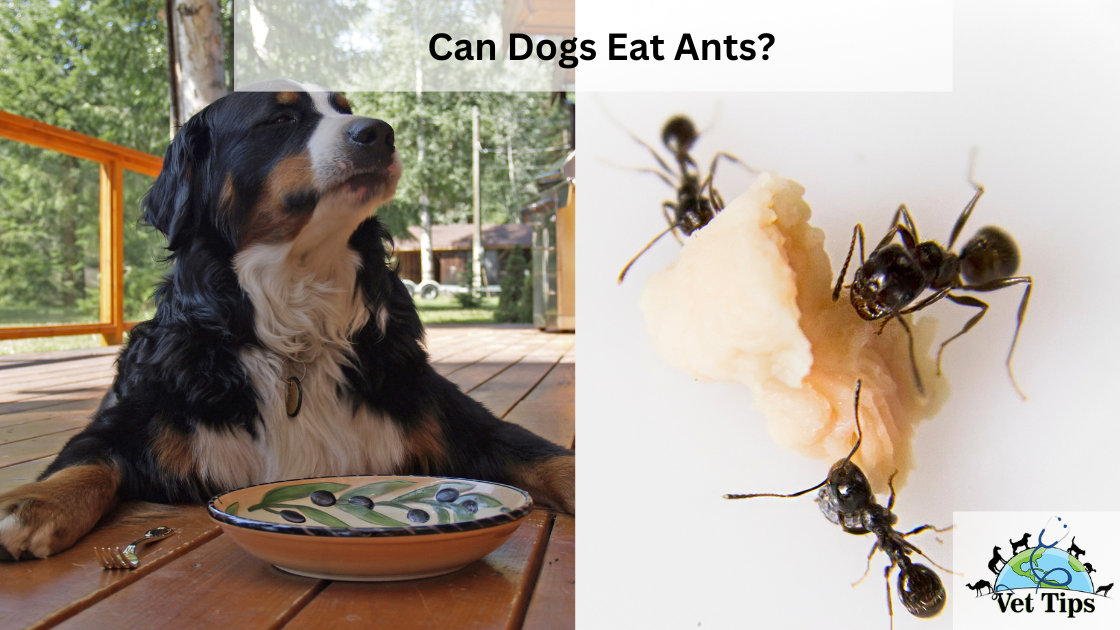As the warm seasons draw near, those annoying flying insects known as mosquitoes also begin to emerge. These annoying insects not only irritate people, but they also have the potential to endanger the lives of our cherished canine companions. In this article, we will discuss “How to protect your dogs from Mosquito,” minimizing their discomfort and minimizing the risk of harm to their health. We have you covered in every way, from taking preventative precautions to using natural therapies.
How to protect your dogs from Mosquito this summer season?
Summer brings lots of opportunities to have fun with your puppy, but it also brings mosquitoes. As the mosquito population grows and dogs begin to spend more time outdoors, mosquito bites are more likely to occur and can be fatal for health.
If you live in a hot climate and a mosquito season that runs all year round, the risks can be even greater.
Mosquito bites are very dangerous for your dogs
Mosquitoes can spread many deadly diseases in both humans and dogs. Fortunately for our students, many human diseases are spread by mosquito bites that are not contagious to canines. However, there are still risks to explore.
Conditions that Develop in Dogs Due to Mosquito Bites
The following conditions may occur in dogs due to mosquito bites.
Allergic reactions
Like humans, most dogs are swollen and itchy at the site of a mosquito bite. However, some dogs may develop more severe allergic reactions that require treatment.
If these signs appear after a mosquito bite, contact your veterinarian or emergency veterinary hospital right now.
Symptoms in dogs are:
- Swelling of the face
- Loss of appetite
- Breathing difficulty
West Nile virus
West Nile virus can be serious in humans, but its effects are usually mild in dogs.
For some dogs, he said the symptoms can be severe, especially those whose immune systems are compromised, such as dogs, the elderly, and dogs that are already in a medical condition or receiving immunosuppressive drugs. Rarely, dogs can develop encephalitis, a potentially fatal form of brain inflammation. Symptoms of the West Nile virus sometimes include influenza. Make mistakes.
Here are some of the symptoms of West Nile virus in dogs.
- Fever
- Muscle pain
- weakness
- Skin rubbing
- Swollen lymph nodes
Heartworm
The heartworm is a potentially deadly parasite that can be spread by the bite of a single mosquito. Once the parasite’s larva enters the blood, it can cause blockage of vessels, which leads to major problems in the blood vessels, heart, and lungs.
- It can grow up to 1 foot in length and live in dogs for up to seven years. Up to 250 can live in a dog. Make sure your dog is treated to avoid heartworms before the start of the mosquito season.
Here are some heartworm symptoms.
- Cough
- fatigue
- Difficulty breathing
- Weight loss
Rare diseases
Although rare, some diseases can be spread by mosquito bites, and you should always be careful and take necessary precautions to avoid them. There are 2 diseases in that list
- Eastern equine encephalitis (EEE)
- The systemic lupus erythematosus (SLE)
Again, dogs with compromised immune systems are more at risk.
If you notice abnormalities in behavior or perception, or if your dog has any abnormal symptoms, contact your pet walker now.
Tips to save your dog from mosquitos:
First and foremost: Prevention is the best cure.
- Update the treatment of heartworms
Whatever heartworm treatment course you and your doctor decide to offer your dog, make sure it is the latest, and your dog is safe.
Some dog owners choose medicines, while others rely on natural remedies. Heartworms can kill dogs, so it’s important to take precautions.
There is no better way to avoid all mosquito bites, and heartworm treatment may be the last line of defense for your dog.
- Stay indoors whenever possible, especially during peak hours
Mosquitoes bite more in the evening, and at dawn, so it is best to walk your dog in the morning when the mosquitoes are not so aggressive.
Try to keep the dog inside in the evening, and make sure the doors and windows are closed. If you have some screens, make sure they are in good condition, and repair or block any holes in which mosquitoes can pass.
- Use Insect Repellent that is safe for dog skin
.There are many insect repellents that are available in the market that are designed specifically for dogs, and your doctor may recommend something appropriate for your child.
Some natural remedies can work for your dog, and you should discuss this with your doctor. You can use natural insect repellents like neem oil etc
Do not try without consulting your veterinarian.
- Get rid of standing water
Mosquitoes breed in standing water, which includes standing, ponds, outdoor dog bowls, and birdbaths. Wherever rainwater or irrigation water can accumulate and accumulate in mosquitoes.
- Grow plants that repel mosquitoes
Many plants act as natural mosquito repellents, and planting something on your property can reduce the chances of your dog being bitten.
Some of the plants known to repel mosquitoes include lavender, canap ،, basil, lemon balm, pepper, and rosary.
Other plants can repel mosquitoes, but they can be poisonous to dogs. If you have a dog, always do your research before gardening in your yard.
Treatment of mosquito bites on dogs
- Even if you take precautions, it can be caused by a mosquito bite. If your dog has been bitten by a mosquito, keep an eye out for any unusual symptoms, especially the ones mentioned above, and see your dog for animal sightings if anything is out of the ordinary.
- In the meantime, you must treat your dog’s mosquito bites and reduce itching. An itchy dog can bite and chew on a mosquito bite, which can lead to further injury and secondary infection.
- There are dog-safe ointments on the market for mosquito bites, and for severe itching, your doctor may prescribe steroids that can reduce some itching.
- Some natural remedies to reduce the itching caused by mosquito bites on dogs include magnesia, oatmeal, and water milk, and baking soda and water. As always, do not use these products without consulting your veterinarian.
- The last try is giving your dog an Elizabeth collar (AKA of shame) to avoid further injury or infection.
How to protect your dogs from Mosquito (Cont.)
Create a Mosquito-Free Environment
Eliminate Standing Water
Since mosquitoes can only reproduce in water that is not moving, it is critical to get rid of any standing water that could be surrounding your home. Make sure that your water containers are regularly emptied and cleaned, that the water in your pet’s bowls is changed, and that your yard has adequate drainage.
Keep Your Yard Well-Maintained
Your yard will have less places for mosquitoes to hide if you cut down overgrown grass, bushes, and shrubs. Additionally, you might want to think about utilizing mosquito-repellent plants such as citronella, marigolds, or lavender, all of which naturally discourage mosquitoes.
Install Screens and Seal Openings
In order to stop mosquitoes from getting inside your house, check the screens on your doors and windows to make sure they are in excellent shape. Perform a thorough search for any cracks or crevices that could serve as access places for mosquitoes, and then effectively seal those holes.
Utilize Preventative Measures
Use Mosquito Repellents
Use mosquito repellents that have been approved by the dog’s vet and are specifically formulated for dogs. Avoid using insect repellents intended for humans that include DEET on your dogs since this ingredient can be hazardous to them. Talk to your animal’s doctor about the choices that are both appropriate and risk-free.
Consider Protective Clothing
If your dog spends time outside in places that are known to have a high population of mosquitoes, you should think about putting them in clothing that is not only light and breathable but also covers their entire body. Some options include mosquito-repellent bandanas or shirts.
Time Outdoor Activities Wisely
The hours of dawn and dusk are when mosquitoes are most active. When you can, plan your dog’s outdoor activities during times of the day when the mosquito population is lower. This will help reduce the amount of time your pet is exposed to biting insects.
More About How to protect your dogs from Mosquito (Cont.)
Natural Remedies for Mosquito Protection
Neem Oil
An all-natural insect repellant, neem oil is extracted from the seeds of the neem tree. Apply a diluted version of neem oil to your dog’s coat, paying special attention to parts of the dog’s body that are most likely to be bitten by mosquitoes. Always check with your veterinarian for the most up-to-date and accurate use recommendations.
Apple Cider Vinegar
If you want to make your dog’s skin less attractive to mosquitoes, try putting a few drops of apple cider vinegar in their water dish. This should do the trick. However, you should seek the advice of your veterinarian on the appropriate dosage and the frequency of administration in order to prevent any adverse effects.
Citrus Repellents
Essential oils can cause sensitivity in certain dogs, although citrus-based repellents have been shown to be effective. After making a mix of citrus juice and water that has been diluted, spritz it into the coat of your dog. The presence of this may serve as a short-term deterrent for mosquitoes.
Regular Veterinary Check-ups
Visits to the veterinarian on a consistent basis are essential for your dog’s general health, including protection against illnesses transmitted by mosquitoes. During these checkups, your veterinarian will be able to prescribe preventative therapies like as heartworm preventives, which shield your pet from the heartworm illness that is spread by mosquitoes.
FAQs about How to protect your dogs from Mosquito
Can dogs get diseases from mosquito bites?
The answer is “yes,” mosquitoes are able to pass on diseases to dogs. These diseases include heartworm disease, West Nile virus, and other diseases carried by mosquitoes. It is imperative that you keep your pets from getting bitten by mosquitoes in order to avoid these infections.
Can I use human mosquito repellents on my dog?
No, it is neither safe or effective to use insect repellents intended for humans on dogs. There is a possibility that some items contain DEET or other substances that are harmful to dogs. Talk to your dog’s doctor about mosquito repellents that are designed specifically for dogs and are both safe and efficient.
Are there any natural remedies to repel mosquitoes from dogs?
There are, in fact, natural therapies that can help protect dogs from being bitten by mosquitoes. There are a few choices available, including citrus-based repellents, neem oil, and apple cider vinegar. However, it is essential to see your dog’s veterinarian in order to obtain the correct application instructions and to guarantee the animal’s safety.
Can I dress my dog in clothing to protect them from mosquitoes?
The answer is yes, you can protect your dog from mosquito bites with additional layers of protection by dressing them in breathable, lightweight clothes. There are shirts and bandanas available in the market that are created particularly for dogs that repel mosquitoes. Check to see that the clothes is the right size and does not make you feel uncomfortable.
When are mosquitoes most active, and when should I limit outdoor activities for my dog?
The hours of dawn and dusk are when mosquitoes are most active. If you want to reduce the risk of your dog being bitten by mosquitoes, you should plan outside activities during times of the day when mosquito activity is lower, such as the middle of the day.
Are there preventive treatments for mosquito-borne diseases in dogs?
There are, in fact, preventative medications available for canine illnesses that are transmitted by mosquitoes. To provide one example, preventative medication against heartworm disease, which is spread by mosquitoes, is frequently prescribed by veterinarians. Maintaining your dog’s preventative treatment program requires that he go in for checkups at the veterinarian on a consistent basis.
Is it necessary to apply mosquito repellent to my dog’s entire body?
How you should apply mosquito repellent to your dog’s body depends on the particular product that you use and the directions that are supplied by your veterinarian. It may be adequate in certain situations to concentrate on regions of the body that are more likely to be bitten by mosquitoes, such as the ears, the belly, and the legs. Always verify that you are according to the prescribed usage requirements in order to maintain optimal protection.
What should I do if my dog shows signs of mosquito-borne illness?
It is imperative that you make an appointment with a veterinarian as soon as possible if you observe any alarming signs or symptoms in your dog, such as lethargy, lack of appetite, coughing, or strange behavior. If you believe that your pet has an ailment that is transmitted by mosquitoes, consult with your veterinarian so that they may run the required tests and administer the proper medication.
Enjoy!
Tell us in comments how you like our article, “How to protect your dogs from Mosquito”
For similar posts like this, click here.
For source files, click here.





Thanks for the tips. Our dogs are on Simparica trio and get tested yearly for heart worm. Still this time of year the mosquitoes are out and every place so we do use lavender on their skin and I have planted basil also so all is as well as can be.
Using lavender on their skin is a good strategy. Basil can also help. But regular vet check ups are also must to ensure their is no heart worm.